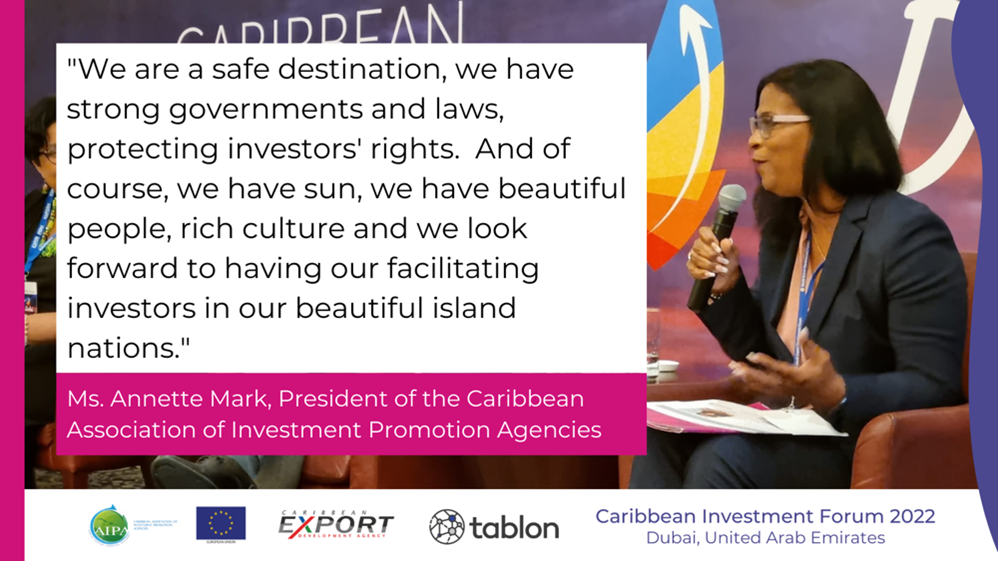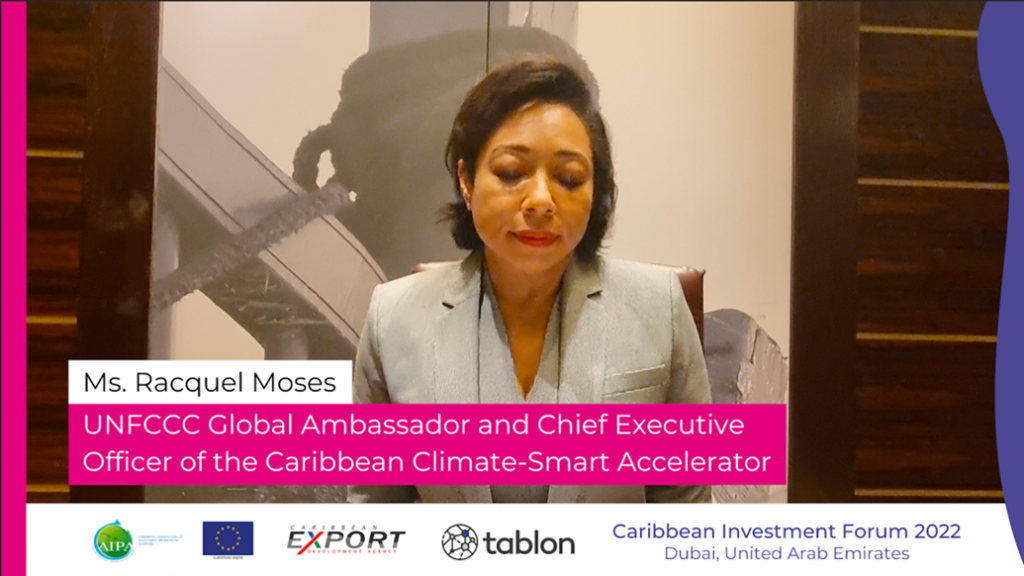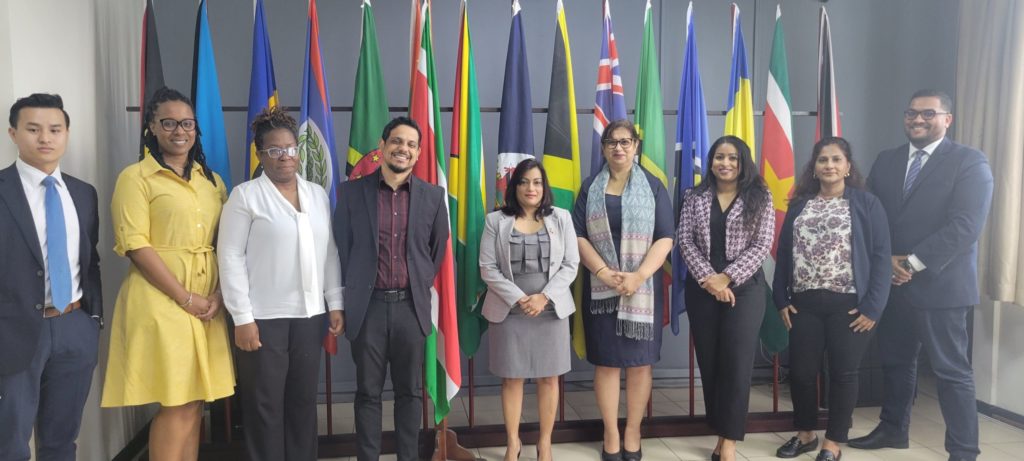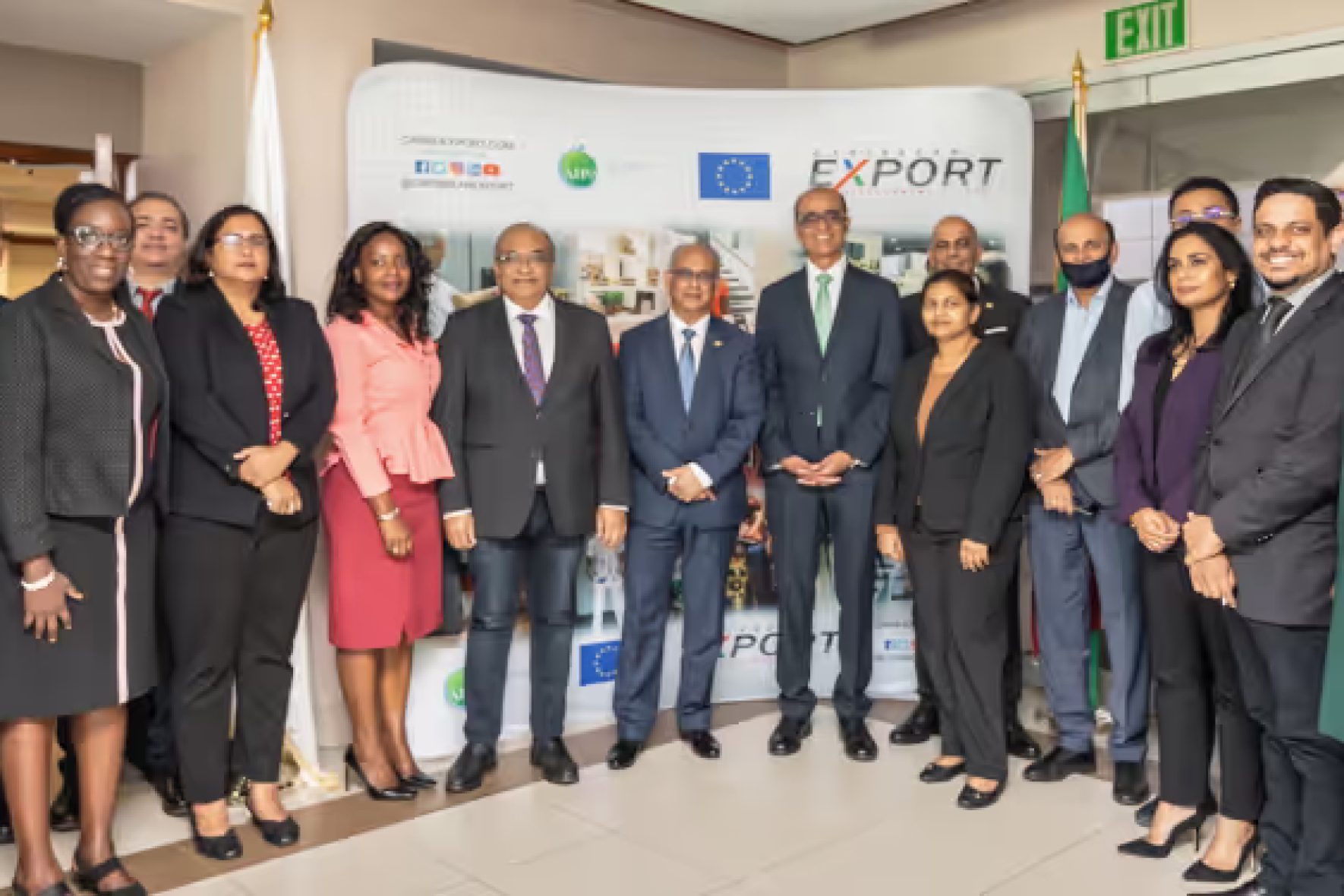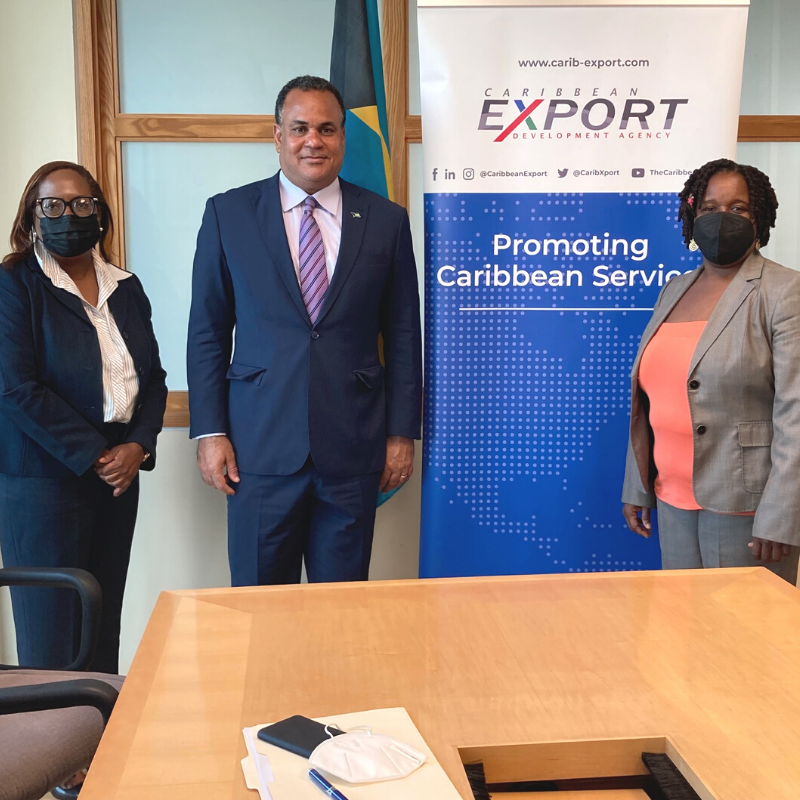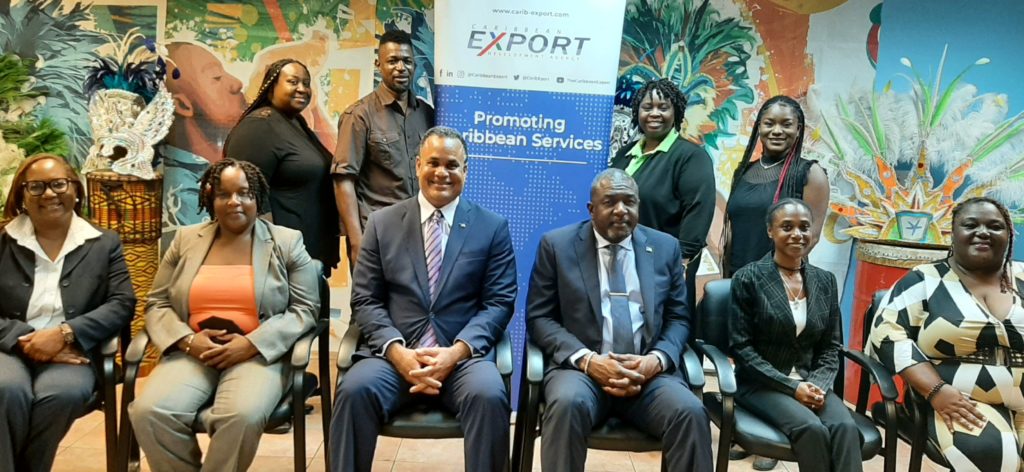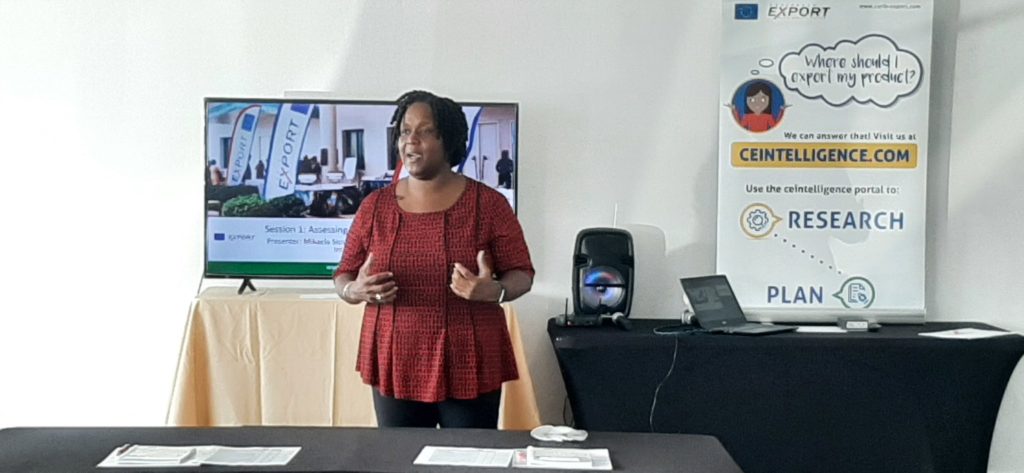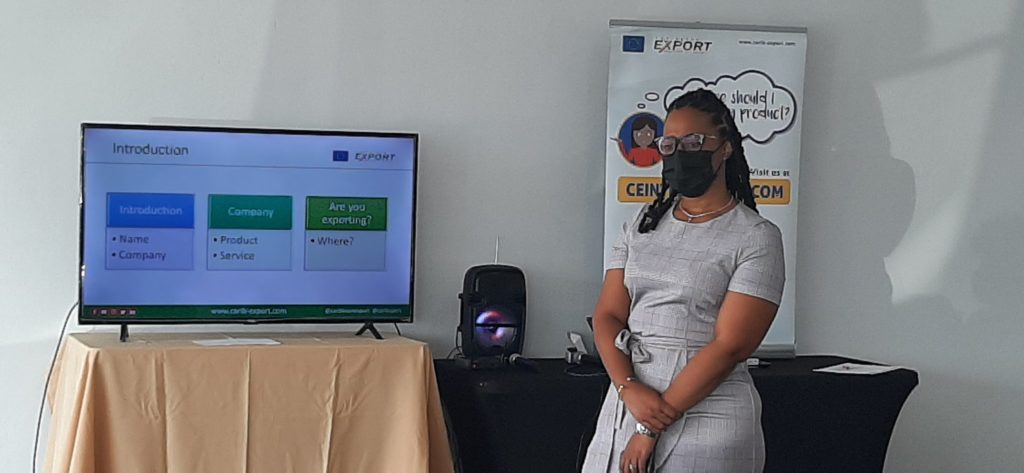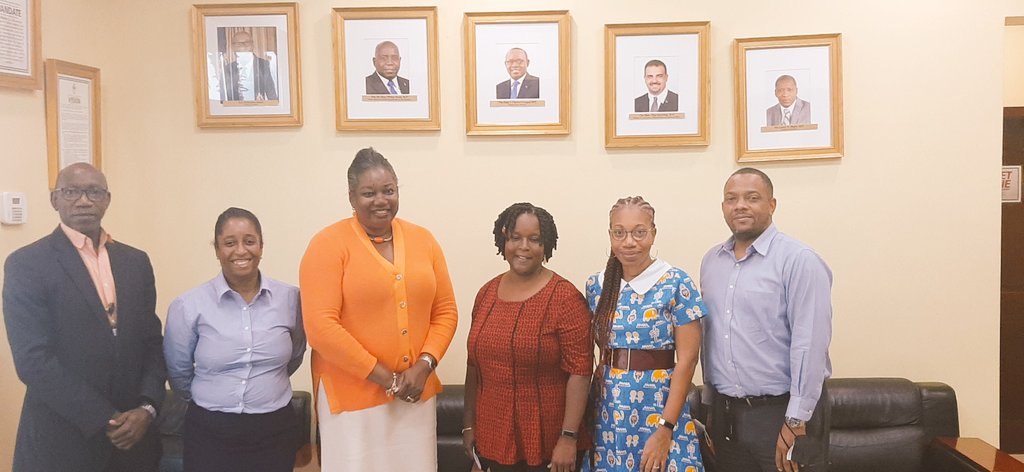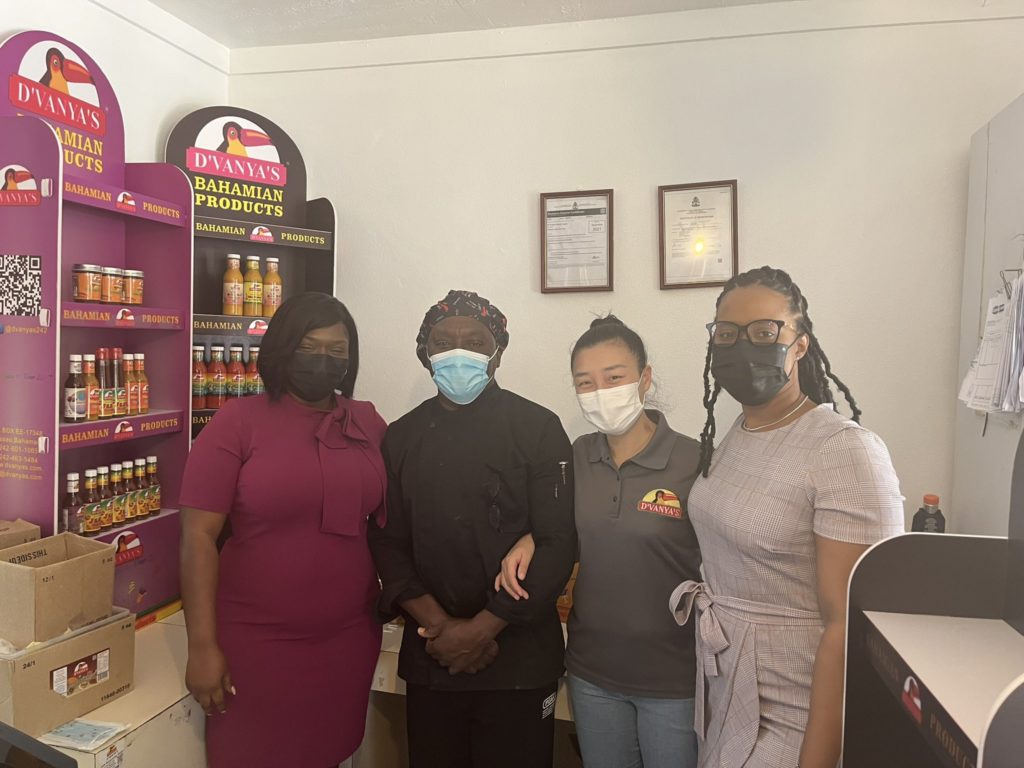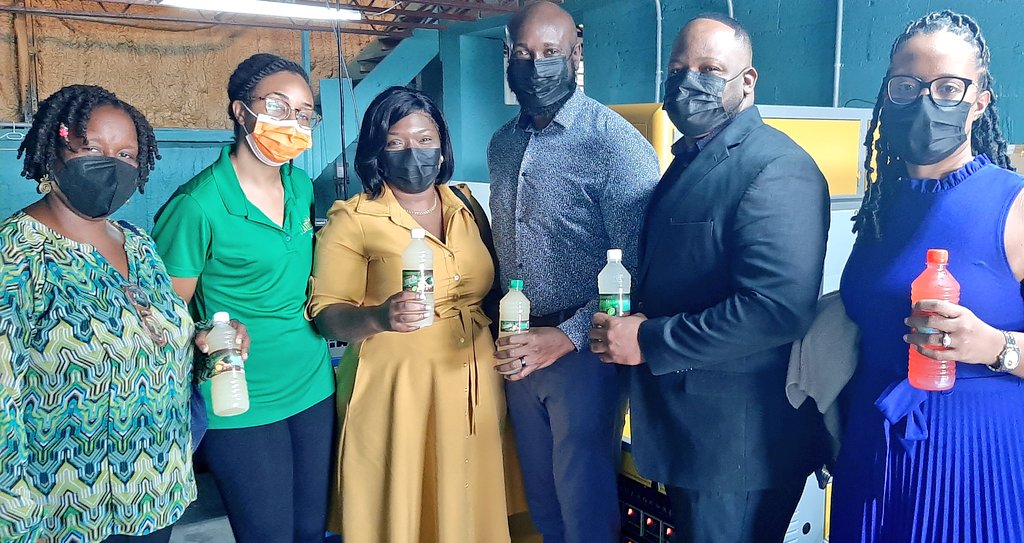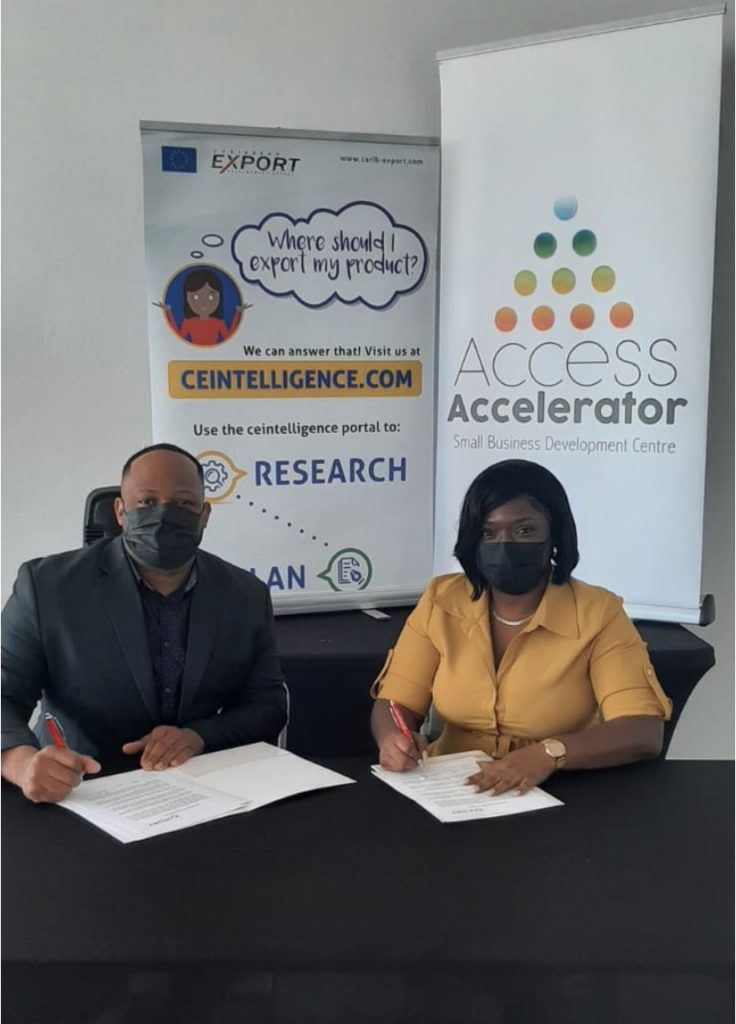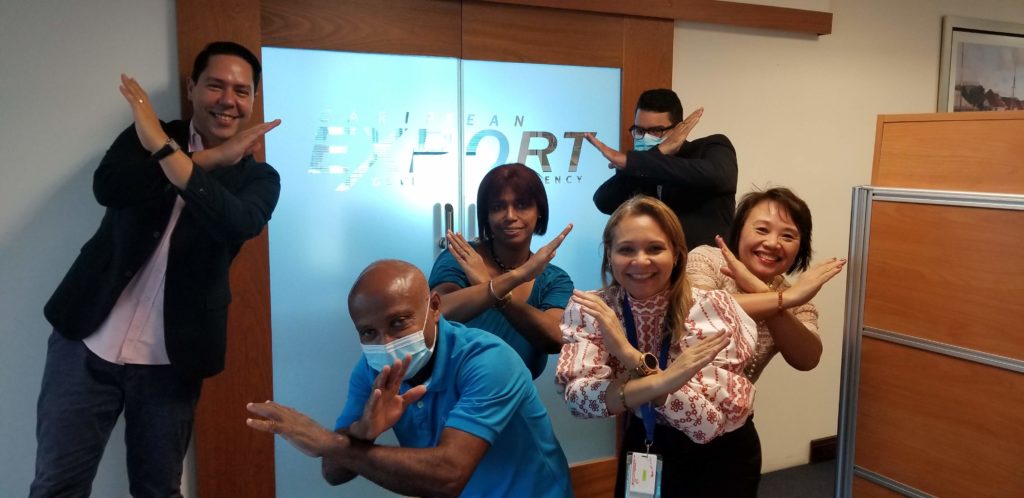Traditional agriculture and manufacturing economies of the Caribbean have slowly morphed into flexible fast paced service led economies which proliferate the region today. Services are crucial for further developing Caribbean countries, providing a strong economic dynamism and creating the source for job creation and welfare1 . In 2019, 60.2% of the total value added to GDP in Latin America and the Caribbean was generated by the services industry2 . Globally, services account for US$876 billion and in the Caribbean, services account for approximately 65% of our Gross Domestic Product. There is room for services to grow and become a better generator of jobs and foreign exchange in areas such as business and professional services, music, fashion, animation and film, and outsourcing to contribute towards the economic transformation of the Caribbean.
According to the Caribbean Development Bank, MSMEs represent between 70-85% of Caribbean businesses and contribute between 60-70% of Gross Domestic Product. Critically, they account for an estimated 50% of total employment. In view of this, innovation needs to be the driving force behind service industries in order to create jobs. Encouraging online and digital innovation will simultaneously contribute to the inclusion of, and employment for young people and economic diversification. The development of the services sector is a 21st century solution to an age-old problem and should be viewed as an instrument by which Caribbean countries can accelerate their development, providing a strong economic dynamism and creating the source for job creation and welfare.
One sector which has a wealth of MSMEs is tourism, and despite the quest for diversification, tourism as a service remains at the forefront of Caribbean economies. MSMEs providing services auxiliary to tourism, such as tour operators and tour guides, restaurants, taxi, photography, event planners etc., and contribute to the entire tourism product and experience and must be supported.
In addition, music and services surrounding music production generate a suite of employment opportunities by MSMEs. The global music industry is estimated to be valued at US$131 billion in 2030 (Goldman Sachs). Caribbean Export has supported this sector through our Business of Music training programme and music writing and production training. Both programmes offer emerging and established musicians the opportunity to enhance their technical capacity and integration into the global music industry, ultimately creating more jobs.
Another area that offers potential to create jobs by MSMEs is animation and film. Both sectors saw a steady boost in revenue over the past year, particularly during the continuous COVID-19 lockdowns. The animation industry in 2020 was worth approximately US$270 billion globally, while the film industry lies at US$ 34 billion. Additionally, streaming services grew by 37% with a global value of US$50 billion in 2020, therefore providing a great opportunity for Caribbean content creators to showcase our unique Caribbean culture in amination, games and films which can be a significant revenue earner for our region.
It is therefore imperative that we build the capacity of our regional content creators in these industries to harness all the opportunities available to them in the global market. In these areas, Caribbean Export has provided significant support, with the numerous animation accelerators which focused on 2D and 3D animation. Moreover, our recent support to the participation of 12 animators, gamers and film makers to the Annecy Animation Film Festival 2022 demonstrates Caribbean Export’s readiness to propel the region into non-tourism linked services. These actions have helped to develop the skills and content of our animators to accelerate into the international market. Emphasis was also placed on the film industry to help build the capacity of scriptwriters and film producers with a three-month training programme aimed at developing scripts and content for the global market. There will be opportunities to further showcase these developments and engage in B2B in an upcoming international film festival.
The region also seeks to develop its green economy, which is to a large extent led by the services sector in areas such as research and development, engineering, design and technology services, services auxiliary to electricity distribution, installation and maintenance and repair services amongst others. Whilst many of these services are delivered by larger technological companies, more often specific services are outsourced to MSMEs who may have local knowledge and specialized skills to provide the required support.
Finally, for the sustainable development of our services sector, digitalisation is key for small businesses to leverage the global online marketplace, as well as giving these MSMEs a greater chance to compete internationally. MSMEs in the ICT sector play a crucial role in supporting small business digitalisation.
In summary, the Caribbean must embrace services as a viable option and look to areas such as business, cultural and recreational services where we leverage the strengths of our MSMEs and the natural creativity of our people. Caribbean Export believes that Services is the next frontier for Caribbean business. We believe that goods and services that are Absolutely Caribbean will create excitement in the marketplace and opportunities for our people.
[1] Innovation and the New Service Economy in Latin America and the Caribbean. IADB (2013)
[2] The services industry comprises of tourism (including hotels and restaurants), financial, professional and personal services such as education, health care, and real estate Statista. (2021)
